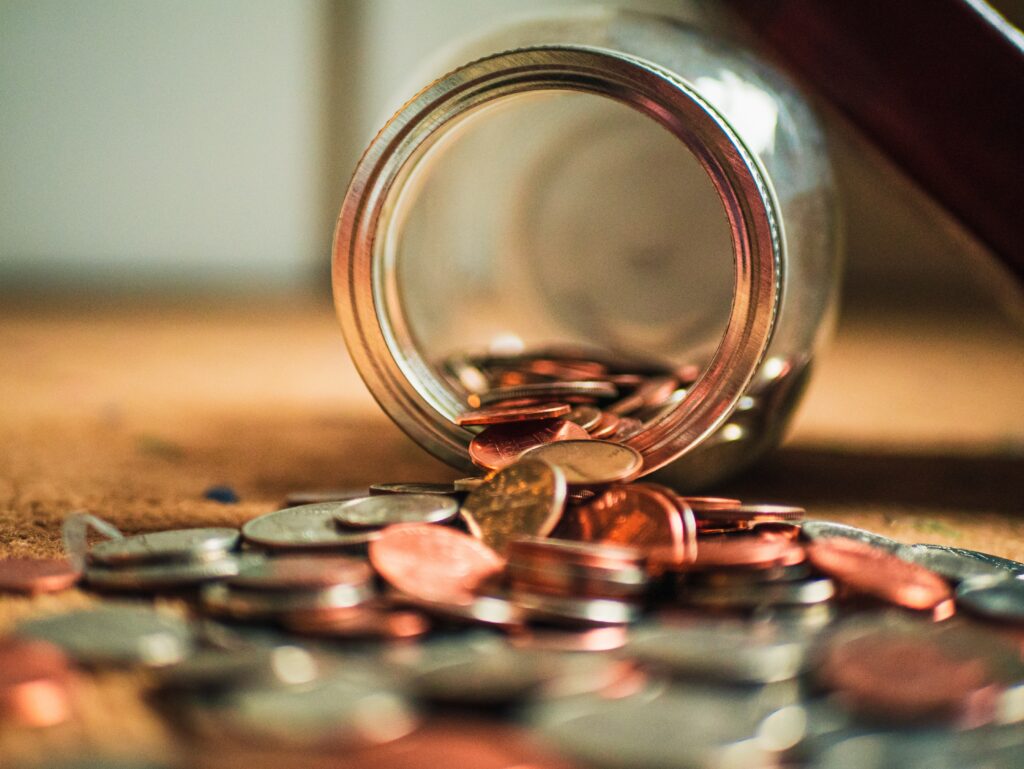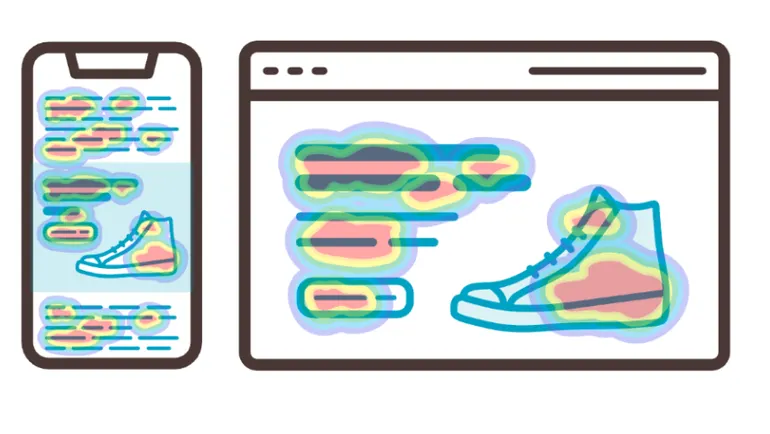40 Simple Steps to Slash Your Expenses and Crush Your Debt for Good
In a world where culture tells us that more is better, it’s easy to get caught up in the rat race and accumulate unnecessary expenses and debt. But a simpler life with fewer expenses can lead to a more...


In a world where culture tells us that more is better, it’s easy to get caught up in the rat race and accumulate unnecessary expenses and debt.
But a simpler life with fewer expenses can lead to a more fulfilling, stress-free existence.
If you’re looking to reduce your expenses and pay off debt, you’re in the right place.
Here are 40 simple steps to help you slash your expenses and crush your debt for good.
Create a budget: The first step to financial freedom is understanding where your money is going. Use a budgeting app or spreadsheet to track your income and expenses, and set spending limits for each category. Prioritize debt repayment: Make paying off high-interest debt a priority. Focus on the debt with the highest interest rate, while still making minimum payments on other debts. This method, called the avalanche method, will save you money on interest in the long run. Eliminate or reduce subscription services: Evaluate your subscriptions (streaming services, magazines, meal kits, etc.) and cancel those you don’t use or need. You’ll be surprised how much you can save. Cook at home: Eating out can add up quickly. Learn to cook simple, healthy meals at home to save money and improve your health. Cut back on takeout coffee: Brewing your coffee at home or investing in a reusable cup for discounts at your favorite café can save you a significant amount of money over time. Shop with a list: Impulsive shopping can derail your budget. Always shop with a list to avoid unnecessary purchases. Buy in bulk: Save money on non-perishable items by purchasing them in bulk. Cancel cable: Explore more affordable alternatives to cable TV, like Netflix or Hulu. Or better yet, cancel everything. Use energy-efficient appliances: Reduce your energy consumption and lower your utility bills by using energy-efficient appliances. Unplug electronics: Unplug chargers and other electronics when they’re not in use to save on your electricity bill. Reduce water usage: Fix leaks, install low-flow fixtures, and adopt water-saving habits to lower your water bill. Shop second-hand: Save money and help the environment by shopping at thrift stores, garage sales, or online resellers. Limit expensive hobbies: Choose low-cost or free hobbies to save money and explore new interests. Buy generic: Save money by purchasing generic or store-brand products instead of name-brand items. Plan vacations in advance: Book flights and accommodations early to get the best deals on your vacations. Use public transportation: Save on gas and vehicle maintenance by taking public transportation or even walking if distance and temperature allows. Carpool or bike: Share rides with coworkers or friends to save on transportation costs, or consider biking to work. Cut back on alcohol: Reducing alcohol consumption can significantly lower your monthly expenses while providing health benefits. Refinance your mortgage: When interest rates drop, consider refinancing your mortgage to lower your monthly payments. Downsize your living space: If you have more space than you need, consider downsizing to a smaller, more affordable home. Negotiate bills: Contact your service providers and negotiate lower rates for internet, phone, and cable. Utilize the library: Borrow books, movies, and music from your local library instead of buying them. DIY home maintenance: Learn to tackle simple home repairs and maintenance tasks yourself to save on service costs. Plant a garden: Grow your fruits, vegetables, and herbs to save on grocery expenses. Cut your own hair: Learn to trim your hair at home and save on salon expenses. Switch to a prepaid phone plan: Save on your monthly phone bill by switching to a prepaid plan. Shop sales and discounts: Take advantage of sales and discounts when shopping for clothes, groceries, and other necessities. Set up automatic savings: Automate a portion of your paycheck to go directly into your savings account, making it easier to save without thinking about it. Freeze your credit cards: If you struggle with credit card debt, freeze your cards in a block of ice, making it more difficult to use them impulsively. Whatever you need to do to stop overusing them! Consolidate your debt: Look into debt consolidation to simplify your payments and potentially lower your interest rates. Opt for free entertainment: Enjoy free events, parks, and activities in your community rather than spending on costly entertainment. Pack your lunch: Save money by bringing lunch to work instead of buying it. Buy used items: Save money by purchasing used items when possible, like furniture, electronics, or even cars. Sell unused items: Declutter your home and make extra money by selling items you no longer need. Cut back on gifts: Set a budget for gifts and consider homemade or sentimental presents instead of expensive store-bought items. Utilize cashback apps: Earn cashback on your purchases using apps like Rakuten or Ibotta. Exercise at home: Save on gym memberships by exercising at home or outdoors. Use a programmable thermostat: Save on heating and cooling costs by using a programmable thermostat. Quit smoking: Improve your health and save money by quitting smoking. Practice gratitude: Focus on what you have instead of what you want, reducing the desire to spend on unnecessary items.By implementing even a few of these 40 simple steps, you can reduce your expenses and pay off your debt, leading to a more fulfilling, stress-free life.
Remember, the key to financial freedom is understanding your priorities and making intentional choices that align with your values.
Happy saving! We’re all cheering for you.

 JimMin
JimMin 
































